
In a stunning comeback, Habesha Cement S.C. has defied a decade-long struggle to post its first profitable year in 15 years, marking a monumental shift in the industrial landscape. Spearheaded by business mogul Getu Gelete and his family, the company's resurgence comes after years of financial hardship, displaying a surprise turnaround strategy that has set industry pundits' tongues wagging in awe.
The cement manufacturer netted 1.2 billion Br in profits three years after Getu acquired a 40pc stake from Pretoria Portland Cement Company Ltd (PPC) for 680 million Br, consolidating his family's hold on the company. His investment and subsequent strategic overhaul have breathed new life into Habesha Cement, which had accumulated losses in billions of Birr over a decade. Now commanding a tenth of the market share where 18 cement plants produced 7.5 million tons last year, Habesha Cement is one of the largest plants alongside the Nigerian investment, Dangote, Derba, Mugar and Messebo.
Getu and his family's strategy for restoring the company to profitability began paying off sooner than anticipated.
"It had no imbued owners back then," Getu told Fortune. "We saved it from sinking."
Getu's family business portfolio includes Get-As International Plc, where six subsidiaries are incorporated, Dugda Construction, and a landmark property bearing his name on Africa Avenue (Bole Road), Getu Commercial Centre. The family's investment in Habesha Cement has been instrumental in steering the company back to profitability, a historical landmark since the company's incorporation in 2008 with a 300 million Br equity raised from 15,000 shareholders, making it one of the largest industrial-scale investments by public share issuance in Ethiopia.
Four years later, the South African state-owned Industrial Development Corporation (IDC) invested nine million dollars for a 22pc stake, while the PPC invested 12 million dollars for a 38pc stake. Manufacturing began in 2017 at its 3.2 billion Br plant in Holeta Town, Oromia Regional State. However, Habesha Cement struggled to yield returns to its frustrated shareholders, who have yet to see dividends for their investments.
Getu pledged that the 16,500 shareholders in the company's registry would begin receiving dividends in two years, after the company completes its aggressive factory expansion to boost production and profits.
The company's turnaround this year saw revenues soar by 357pc to 4.85 billion Br, a remarkable increase credited to effective capital utilisation and strategic decisions.
"This is just the tip of the iceberg," the elated Getu told Fortune.
Despite Habesha Cement's losses piled up over the years, reaching nearly 5.53 billion Br last year, Abdulmenan Mohammed (PhD), a London-based financial analyst who looked into the company's financial statement, attributed the company's rebound to its substantial borrowing of 5.45 billion Br.
"This is quite impressive," said Abdulmenan
The company's increased operations have also led to higher selling, distribution, and administration expenses, which rose to 585.46 million Br from 215.57 million Br. However, financing costs dropped to 634.65 million Br from 917.48 million Br, despite its borrowing has not significantly reduced.
Mesfin Abi (Eng), the cement industry's preeminent expert, founding CEO, and current board director, recalled the company's initial struggles when it launched operations. Despite producing around half a million tons annually, limited market access undermined profitability.
"The new management did not fit in with the employees," Mesfin said, referring to PPC's appointment of new board directors and a new CEO, Ghassan Broummana, a German national with 30 years of experience in the cement industry, in 2019.
The company's situation worsened when PPC struggled to raise its share, and the plant's production fell to 30pc of its capacity. Debts soared, the Birr depreciated, and production costs outstripped sales revenues, leading the company to the brink of insolvency. The turning point came when Getu bought PPC out and appointed his son, Mikias, as CEO. He reconstituted the board, installing Adugna Bekele as chairman.
An aggressive restructuring of human capital, renovations of machinery, and substitution of imported coal with domestic products boosted the plant's productivity.
The company's total assets surged to 14.1 billion Br in 2023, nearly fivefold from the previous year, driven by increased investments in property, plant, and equipment, as well as better management of current assets. Total equity turned positive, standing at 3.25 billion Br, up from a negative 4.1 billion Br in 2022. This growth was partly fueled by improved production efficiency and cost management, with production volume increasing by 51pc to 511,785tns.
Habesha Cement's financial resilience is reflected in its cash flow statements. Net cash generated from operating activities was 364.2 million Br in 2023, compared to a negative cash flow of 395.12 million Br in 2022. The expert noted this improvement demonstrated the company’s operational efficiency and better management of working capital requirements. Despite significant property, plant, and equipment investments amounting to 196.19 million Br, the company maintained a robust cash position.
"We wanted to restore shareholders' confidence," Mikias told Fortune.
However, he conceded that security concerns around the company's quarries near Debre Berhan town, 130Km northeast of the capital in Amhara Regional State, power outages, and foreign currency crunch remain the company's Achilles Heel.
A major financial manoeuvre was converting a substantial portion of a 98 million dollar loan from the Trade & Development Bank (TDB), a regional bank of COMESA countries under the managment of Admasu Tadesse, into Birr after settling 698 million Br. The debt restructuring deal allowed Habesha Cement to repay loans from the Development Bank of Ethiopia (DBE) and Awash Bank over eight years, stabilising its financial position.
"TDB helped us overcome the tough terrain," Mikias acknowledged.
CEO Mikias praised the dedication of the Habesha Cement team and the diligent oversight of the board of directors, which his cousin chairs.
"Since the new management team took over a year and a half ago, the company has experienced significant growth in its financial position and operational efficiency," he said.
The Chairman echoed this sentiment, praising the company’s resilience and agility in overcoming business challenges.
Habesha Cement's external auditors, HST, have recognised the management's strategic steps in reducing debt and improving operational efficiency, which have enhanced financial stability.
"Our audit opinion is not modified in respect of this matter," said the auditors, reflecting confidence in the company's prospects.
Some shareholders, such as Milkway Tesfaye, have sceptical views of the company's prospects. He acquired 20,000 Br worth of shares a decade ago, lured by a full rebound. Promoters had promised a 122pc profit return when the company was first incorporated. He has been trying to sell his shares for the past three years, without success.
"Since they started making profits, I might reconsider," he told Fortune.
Abdulmenan echoed this cautious optimism, noting that a large portion of the reported profits came from an 8.7 billion Br revaluation gain on fixed assets rather than operational profit. He observed that Habesha Cement's total assets increased substantially to 11.72 billion Br from 3.06 billion Br due to this revaluation. However, the company’s current asset-to-liabilities ratio improved from 0.37:1 to 0.71:1; Abdulmenan flagged that Habesha Cement may face difficulties meeting short-term liabilities.
"Habesha needs to raise substantial capital from its shareholders," said Abdulmenan.
The financial expert warned that Habesha Cement is yet to be out of the woods as its situation remains precarious. To avoid bankruptcy, it must continue generating substantial profits, securing adequate cash flow, or obtaining a substantial infusion of fresh capital. The Commercial Code compels businesses into dissolution if they lose three-quarters of their capital.
Habesha Cement faces a mix of optimism and caution in an industry where demand is estimated to reach 38 million tons. Its impressive financial turnaround is tempered by the uncertainties of sustaining growth amidst ongoing market and operational difficulties. The external auditors stated that accumulated losses caused material uncertainty about the company's going concern status.
PUBLISHED ON
Jun 29,2024 [ VOL
25 , NO
1261]

Radar | Mar 23,2019
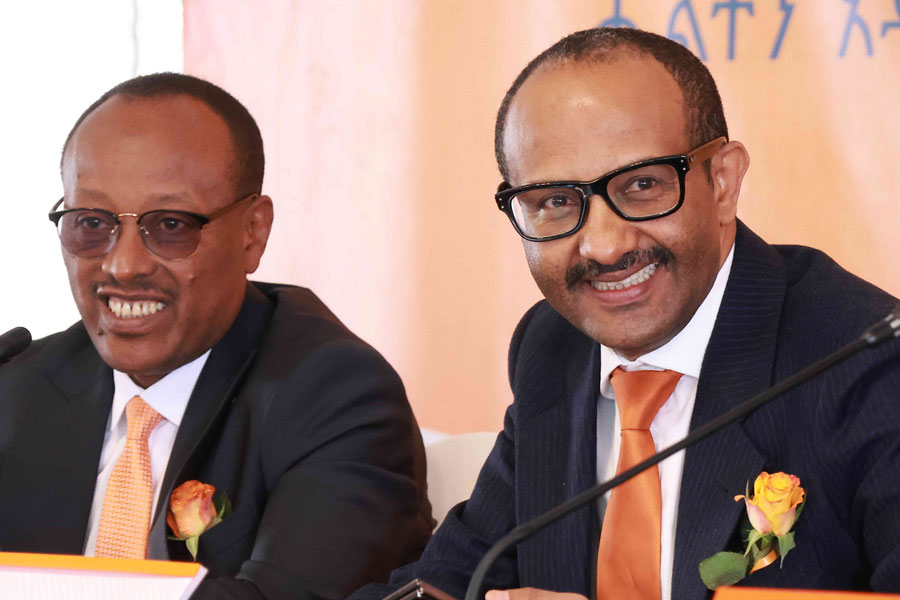
News Analysis | Jan 19,2024
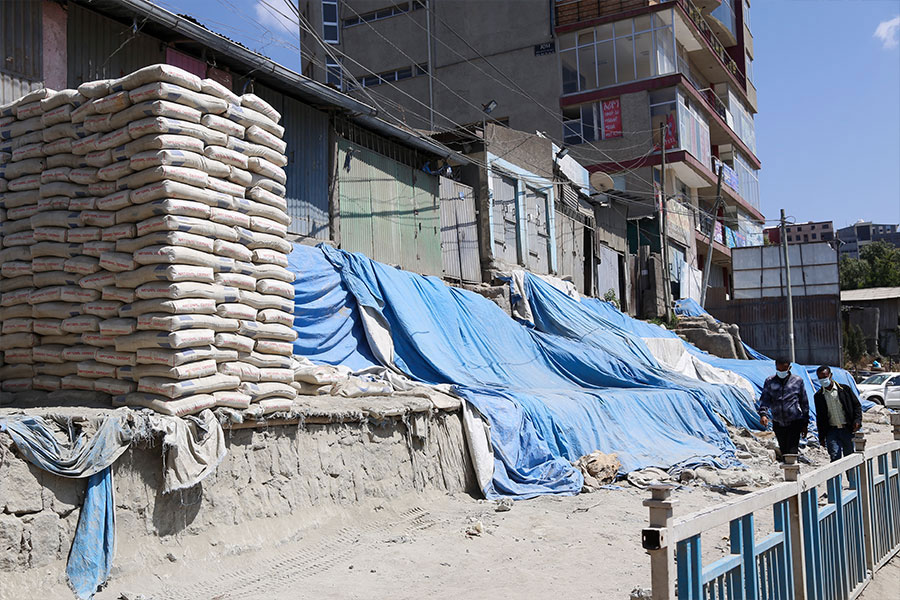
Fortune News | Jun 25,2022
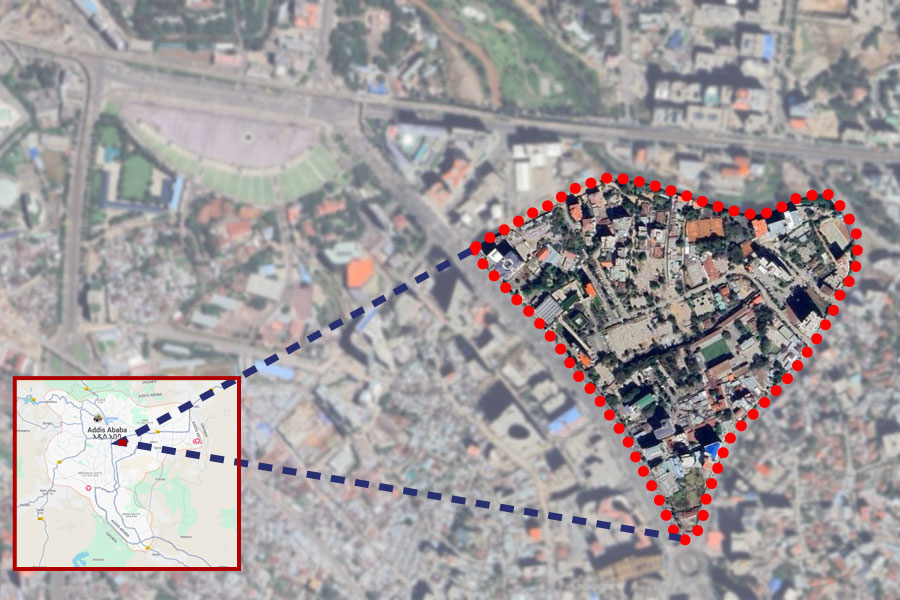
Fortune News | Apr 13,2025
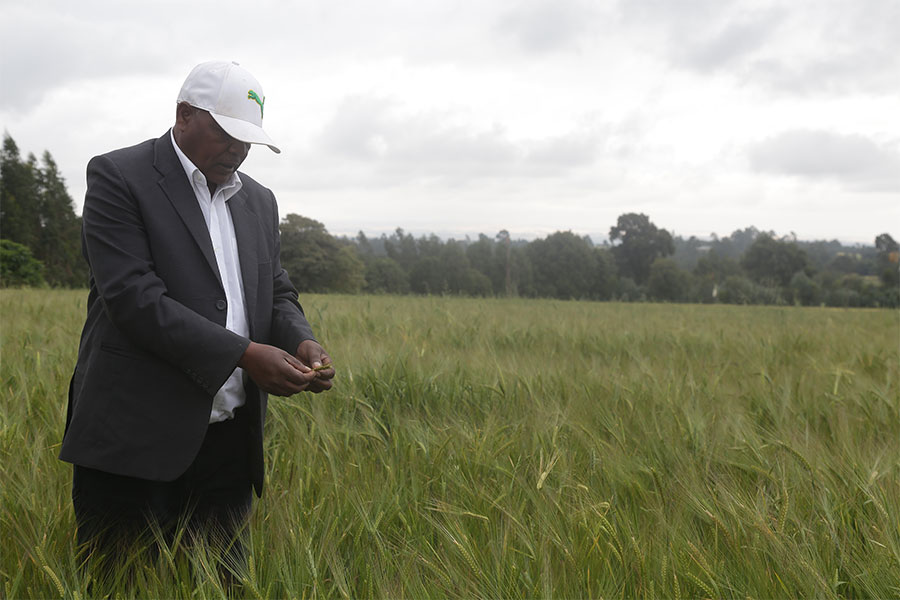
Fortune News | Nov 27,2022
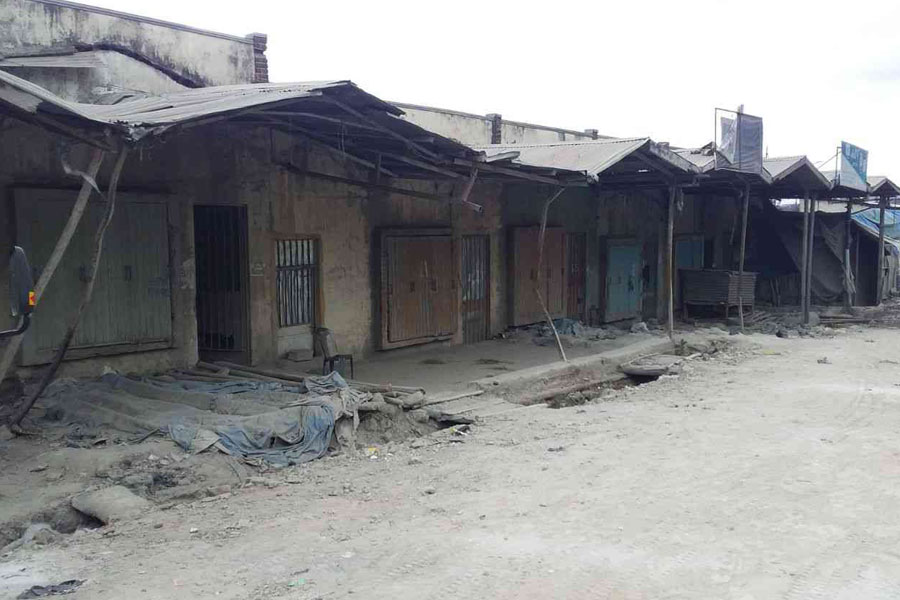
Fortune News | Jan 01,2023

Fortune News | May 17,2025

Editorial | Oct 21,2023

Agenda | Jul 28,2024
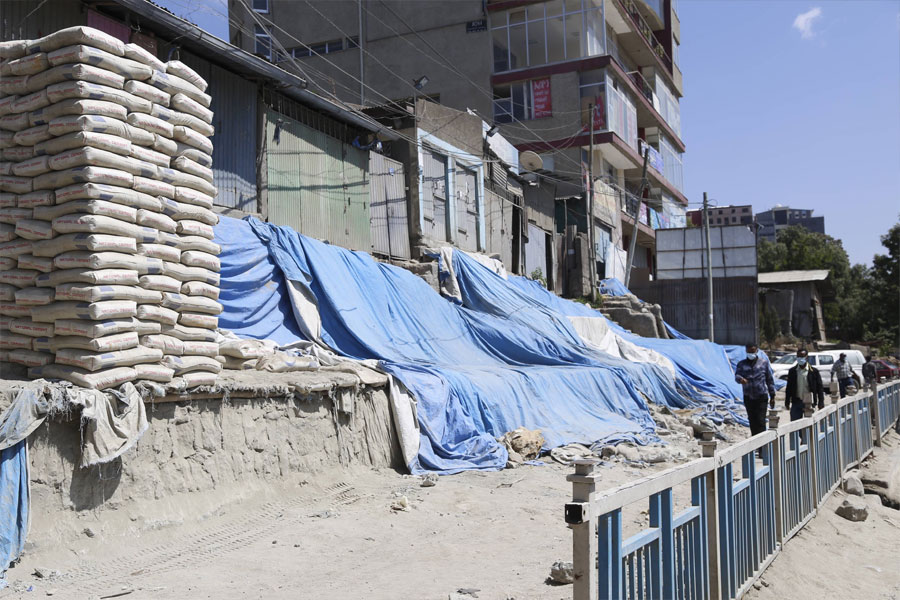
Fortune News | Jul 24,2021

Dec 22 , 2024 . By TIZITA SHEWAFERAW
Charged with transforming colossal state-owned enterprises into modern and competitiv...

Aug 18 , 2024 . By AKSAH ITALO
Although predictable Yonas Zerihun's job in the ride-hailing service is not immune to...

Jul 28 , 2024 . By TIZITA SHEWAFERAW
Unhabitual, perhaps too many, Samuel Gebreyohannes, 38, used to occasionally enjoy a couple of beers at breakfast. However, he recently swit...

Jul 13 , 2024 . By AKSAH ITALO
Investors who rely on tractors, trucks, and field vehicles for commuting, transporting commodities, and f...

Oct 25 , 2025
The regulatory machinery is on overdrive. In only two years, no fewer than 35 new pro...

Oct 18 , 2025
The political establishment, notably the ruling party and its top brass, has become p...

Oct 11 , 2025
Ladislas Farago, a roving Associated Press (AP) correspondent, arrived in Ethiopia in...

Oct 4 , 2025
Eyob Tekalegn (PhD) had been in the Governor's chair for only weeks when, on Septembe...